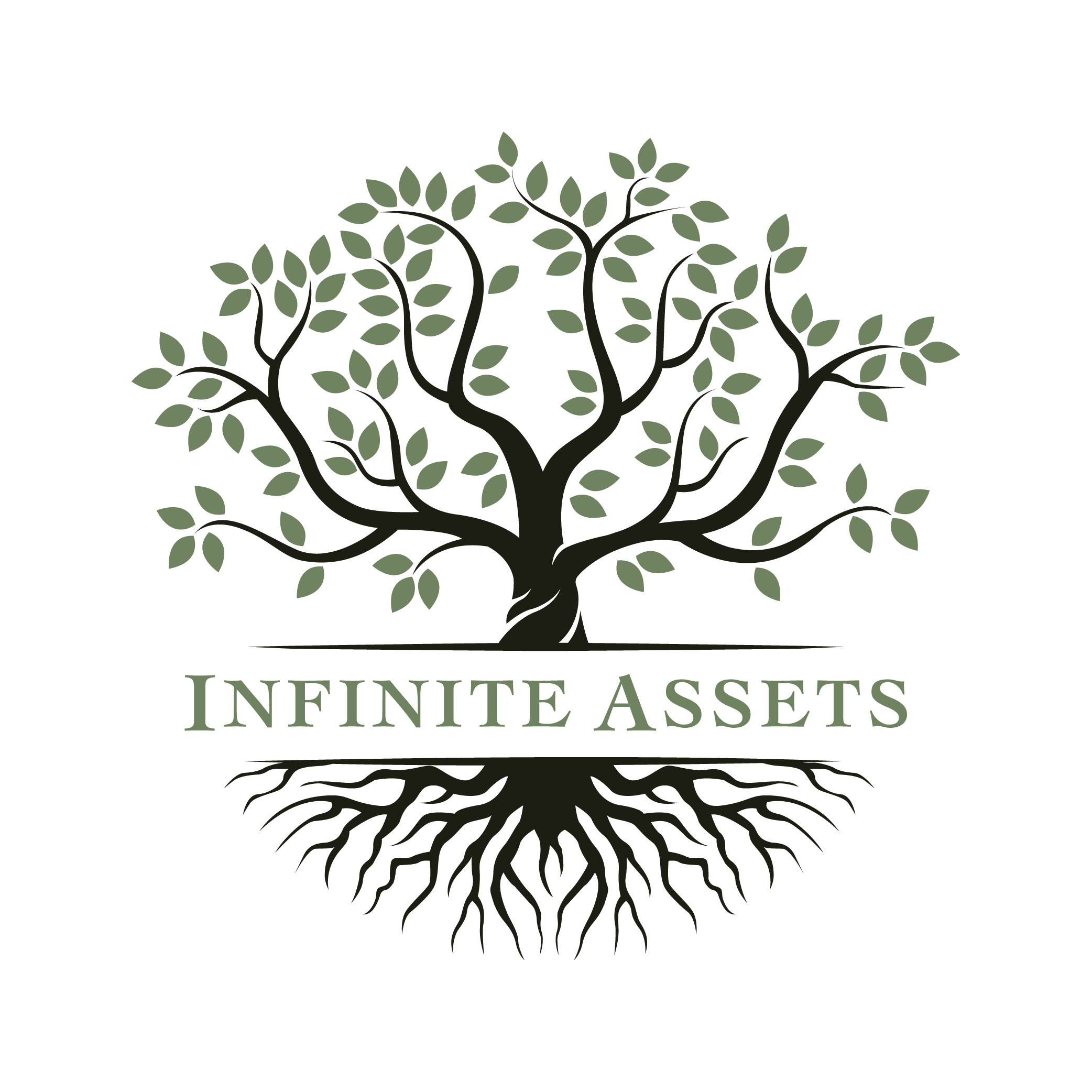Whenever I think of the word budget and actually do one for my own personal finances, honestly my first thoughts are that I would rather step in a pile of dog poo or get a root canal. Really… I’m not kidding. Full disclosure: I have been in the accounting field, owning my own practice, for over 30 years.
Sadly, I am not alone in this reaction. Many clients come into my office with crippling financial fear. The very first thing I ask is, “Have you done, or do you currently do, a budget?” There’s usually a pregnant pause, followed by a blank stare or the look that they’ve just eaten a sour lemon. I can almost hear their thoughts… please please please… Don’t make me do a budget!
Which begs me to wonder-if even I as a professional don’t like to do a budget, having all the skills I need to perform the task easily, how am I to ask clients to do one for themselves? I also wonder why we have such an aversion to taking such a proactive step toward our financial health and freedom?
Budgeting by nature can feel restrictive. We’ve all heard the phrase “Sorry, I can’t; I’m on a budget.” That statement usually implies that a person’s spending must be kept in check or even reduced because of a lack of money; ultimately, they sound poor. Who wants to sound or feel poor?
Other common reasons I’ve seen clients avoid budgeting look like this: I don’t know where to start, it takes too much work to do, it holds me accountable, I don’t want to stop my spending, it lifts the veil of denial around my spending, money is confusing to me, I’m stupid; I just cannot do it, it starts fights with my partner, I’ve tried before and failed… All of these feelings can be daunting, but honestly, every one of them can be overcome.
So, let’s try examining budgets through a different lens, the lens of a healthy financial planning tool. Its intention is to move us toward our goals, ultimately bringing us to prosperity and freedom. Who wouldn’t want that, and isn’t it worth the effort?
Let’s start by changing the word budget to the word track. Doesn’t that feel better already?
The function of a budget is to track income and expenses, to inform us on how we are doing financially. What comes in, what goes out-more specifically how it comes in, where it goes, and then we see what’s left over (or not in some cases). It’s hard data on our spending needs and habits.
Here’s what’s really important: this data doesn’t determine our worth as human beings or even our intelligence. It is just numbers on a piece of paper that give us information on how we earn and spend our money. Period.
Don’t like what you see? Great news! If you choose to, you can change it going forward.
We do that by using that earning and spending data, then combining it with our financial goals (for example, saving more, getting out of debt, etc.), and we make a monthly plan going forward-a budget.
We determine what money gets spent where, when, and how. We implement the plan with as many automatic transactions as possible, making it easy so the plan is working for us while we are out living our lives.
More great news! Budgets are not set in stone; they can be adjusted at any time based on financial accomplishments, changing goals, and any other events that affect your finances.
So let’s again look at that phrase “I can’t; I’m on a budget” through a different lens…
We have a 38-year-old woman, the primary breadwinner of the family, on a budget, and she wants to retire at 60. She is saving for retirement and has 529 college savings plans for her 3 kids. She has a savings account allocated for unexpected emergencies and travel savings so their family can go on vacation every year. She only works 40 hours a week so she can be more available to her family. She can sleep at night knowing she’s made a proactive financial plan that is supporting her goals….and it’s working. She has a proactive plan for financial success. I think you’d agree that this woman is anything but poor.
It all started with tracking, then planning, and following her budget.
I do know that budget can be tricky, sometimes frustrating, but once set up and streamlined, maintaining a budget is quite easy. With so many apps, accounting programs, and professionals to help us, the job of budgeting today is even easier than ever.
If you’ve not done your own budget, and it makes you go green inside when you think of doing one… identify what your aversion is.
Then zoom out to the bigger, broader picture of your whole life to see the positive benefits that will come with understanding your own financial picture. Imagine the benefits of making a budget to support you to move toward your life’s dreams. Sounds great, doesn’t it?
I’ve found through doing my own budgets, they are ever changing as time moves on and they’ve been an amazing tool that gives me the ability to make informed financial choices. As a result of the work I do, instead of going to the dentist or cleaning dog poo off my shoe, I have peace of mind.
Knowing the truth about your financial life is the beginning step toward financial health and real financial freedom. And it all starts with that six-letter word called the budget.

